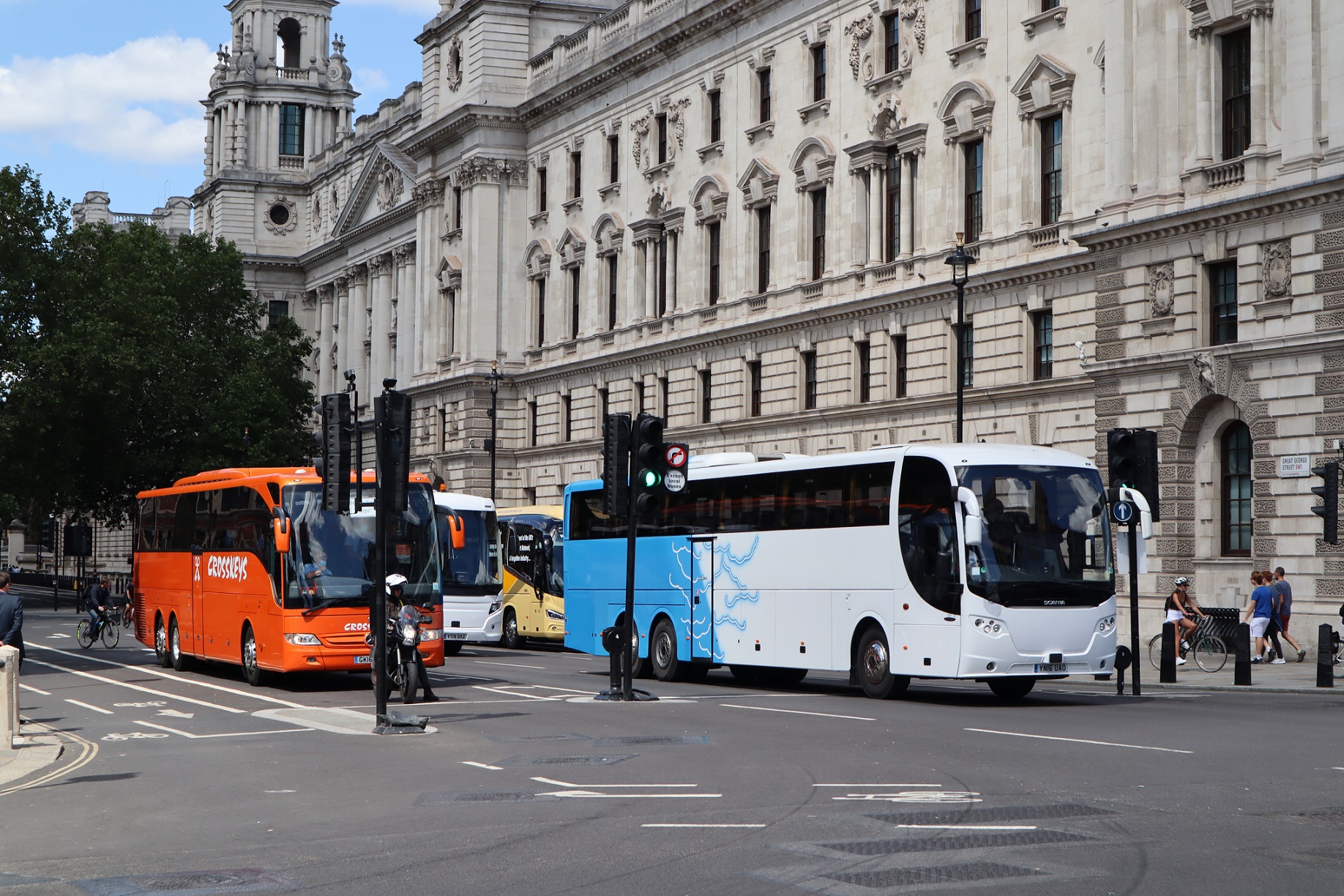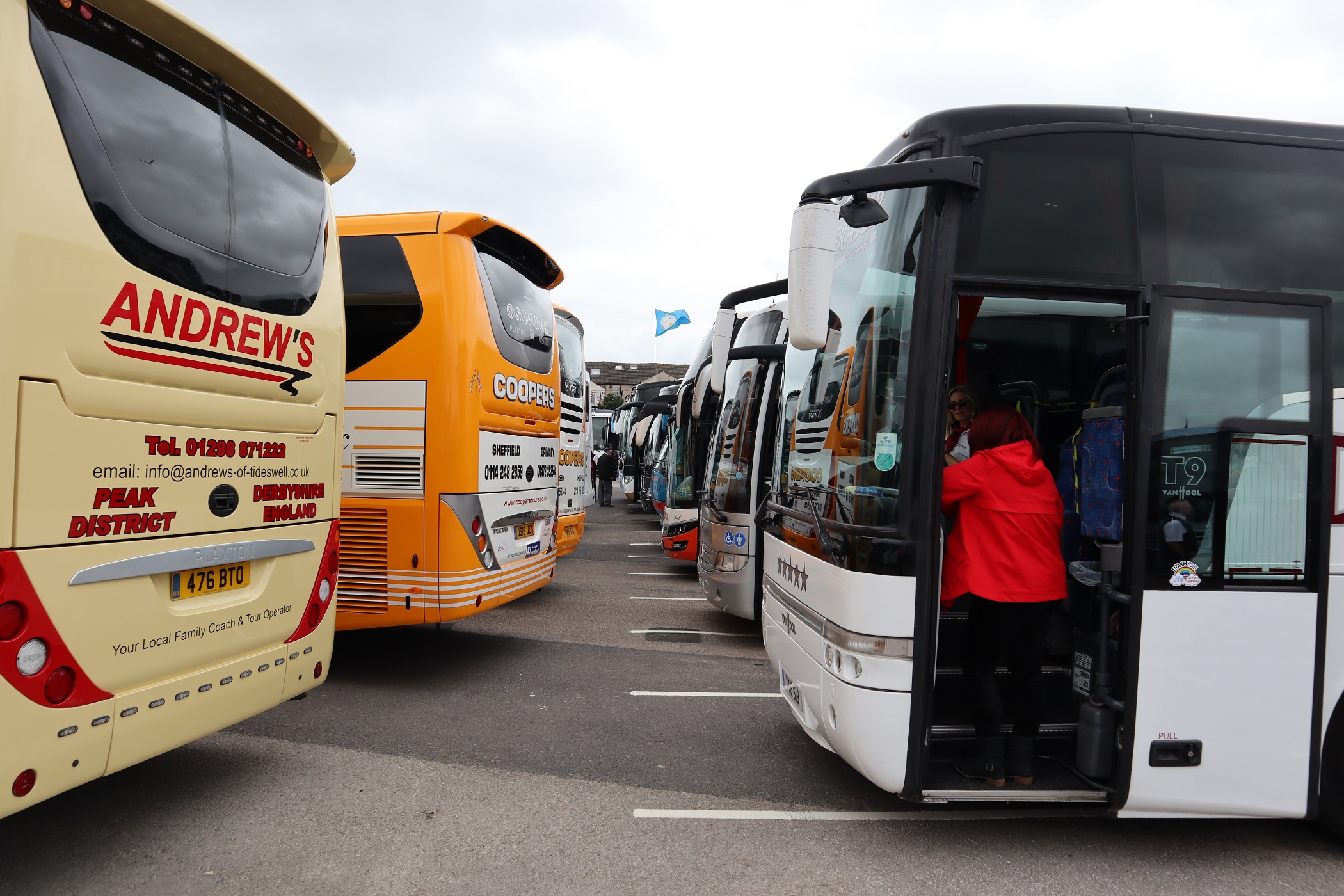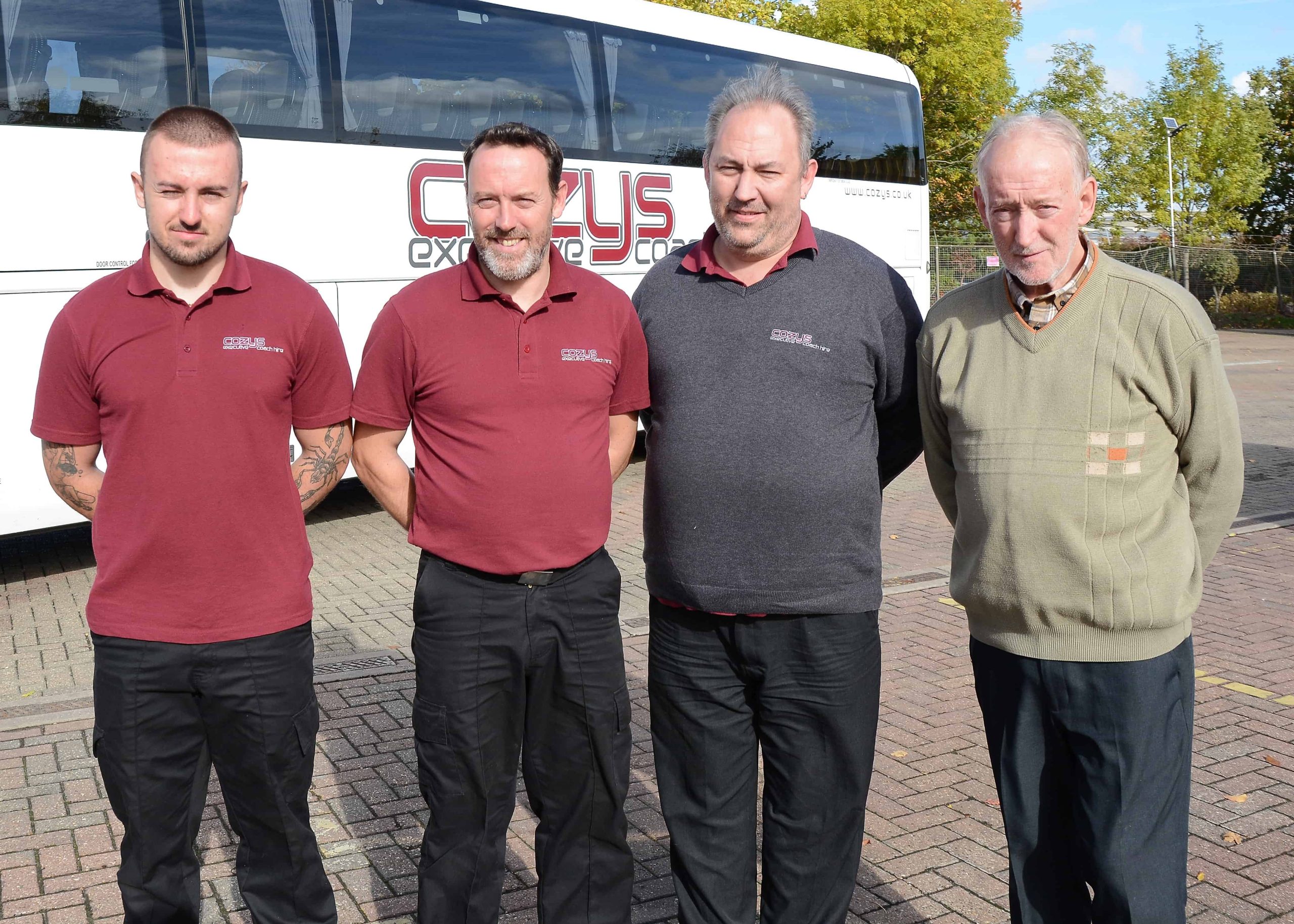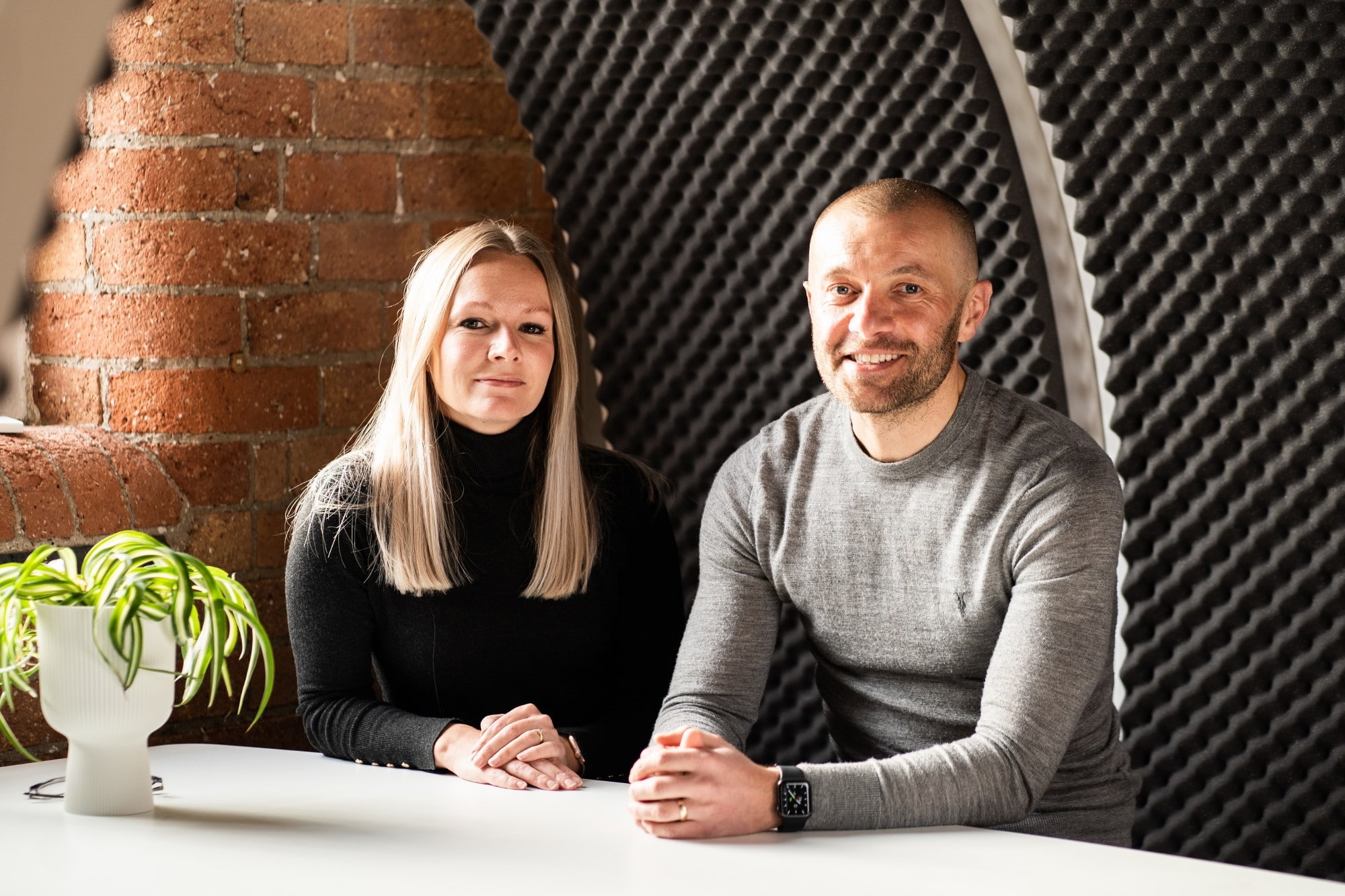National politicians largely remain willing to engage with the coach industry and listen to it on future direction, but getting the same from elected representatives and officials at a local level is still difficult, members of the industry have reported.
A vox pop of those came amid a sustained period of lobbying by the sector and its representatives that started in 2020 and which was born around pandemic support measures.
That work opened new communication channels with MPs, ministers and local authorities. Engagement has continued in the meantime on matters including decarbonisation, driver shortage and PSVAR. Encouragement from multiple sources to maintain those efforts is increasingly common for the coach industry to influence policy at national, devolved and local levels.
Minister Holden ‘positive’ over coach industry engagement
The UK Coach Operators Association (UKCOA) has seen a welcoming approach to working with the industry from Under-Secretary of State for Transport Richard Holden. Speaking about a recent meeting with Mr Holden, UKCOA Managing Director Peter Bradley describes him as “clued-up on his brief” and adds that – critically – Mr Holden “knows the difference between coach and bus.”
In particular, Mr Bradley believes that Mr Holden has a good grasp of the implication of future moves around decarbonisation and PSVAR on coach. The minister recently called on bus operators in England to engage with their MPs, and that is something the coach industry must also continue to do, Mr Bradley believes.
“The minister understands the challenges that coaches have in getting to where we need to, and we enjoyed a positive meeting with him,” UKCOA’s head continues. “Engagement-wise, things are very different for the coach industry to where they were before the pandemic.”
MP remains open to raising operator’s concerns
While scepticism about MPs’ willingness to meaningfully engage with coach exists, one operator among the many that lobbied their Westminster representatives from 2020 says that the relationship formed then remains strong.

Masons Minibus and Coach Hire of Tring made contact with MP for Buckingham Greg Smith at that time. Other operators, inspired by the Honk for Hope movement, did the same. Director Candice Mason says that communication has stayed open.
“He remains in touch with us and our troubles and woes, and continues to raise relevant information. More recently, I was in communication with him regarding problems at Dover. He fights the industry corner whenever he has the chance to.”
RHA is a further trade body to encourage its members to bring their MPs and other elected representatives onboard with both their own cause and the coach industry’s needs. That forms part of National Coach Week, which will commence on 12 May, and such efforts were fruitful in 2022. RHA is also engaging with ministers and officials in Westminster.
Engagement less productive at a local level
Confederation of Passenger Transport (CPT) Coaching Manager Phil Smith adds to the argument that MPs and ministers are willing to listen to the coach industry. He cites Under-Secretary of State for Transport Baroness Vere’s recent commitment to raise problems at Dover with authorities there, and interest taken in the April debacle by others in the Department for Transport (DfT).
“There is now much more willingness on a national scale to listen, although there is always room for improvement,” says Mr Smith. “But it is a lot easier with ministers and MPs than it is with local authorities.”
A recurring lack of understanding there about whether coaches fit into the tourism or transport briefs is partly to blame for that, he continues. There are exceptions, and CPT has seen some success in North East England in raising coaches’ profile at a local level.
“It is frustrating otherwise, because the industry has very good messages around air quality and congestion,” Mr Smith adds. He is happy to assist CPT coach operator members in breaking the ice locally.
Mr Bradley agrees that engagement with local politicians is difficult, but some operators have seen success. In addition, a good way to engage with MPs is to invite them to the operator’s premises. Doing that for a charity day or an open day carries particular leverage.
As an example of what has already come from the industry making its case, he points to medium-term exemption work on PSVAR. “DfT and MPs now understand more about that. They also increasingly grasp the ‘hidden side’ of coaching, such as what it does in the home-to-school, private hire and tourism areas. That has only come about from the industry’s efforts. Stakeholder engagement is a skill, but it stands to be of great benefit.”

























